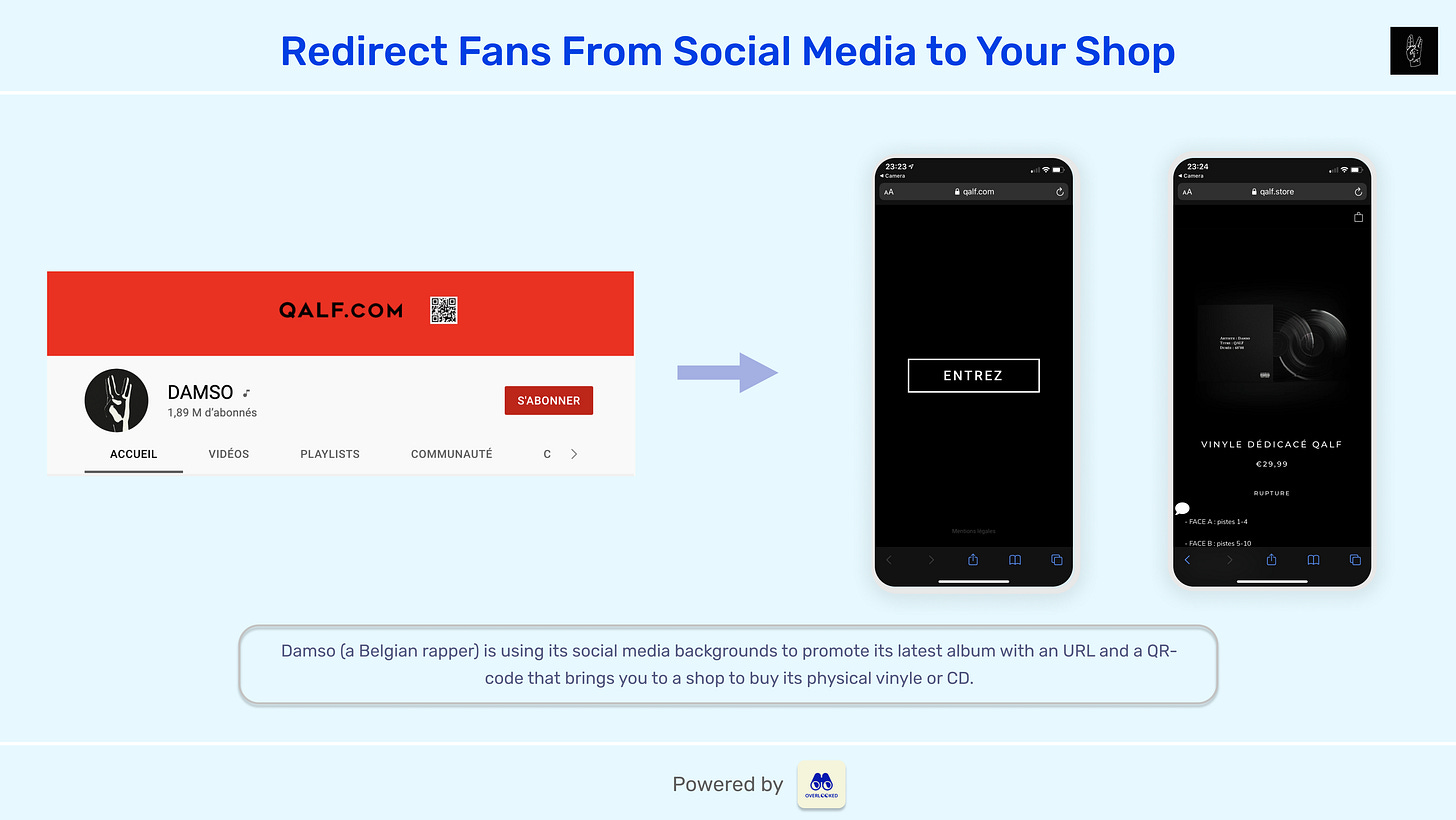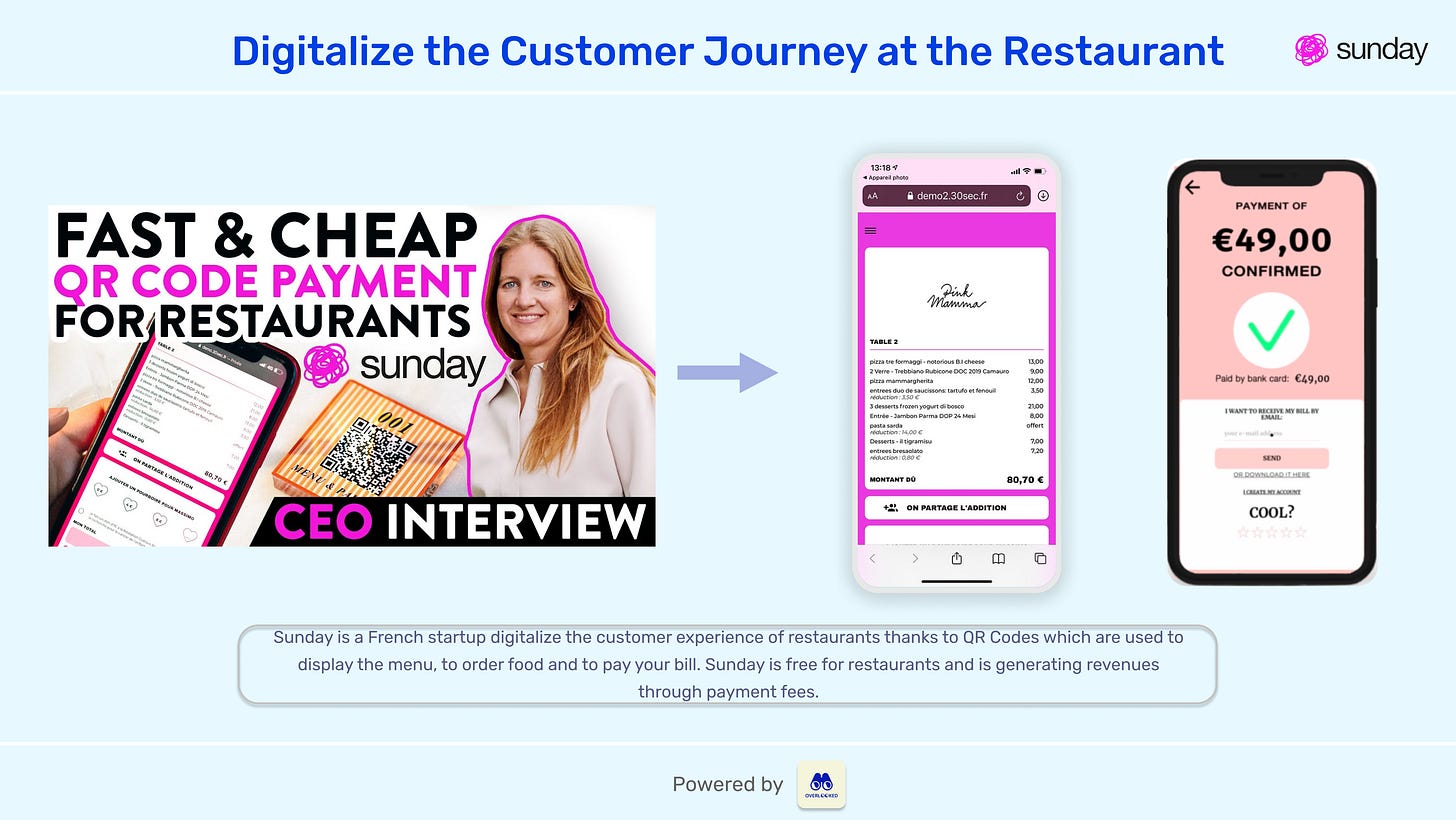🇨🇳 Look East, not West - QR Codes are Back
Overlooked #84
Hi, it’s Alexandre from Eurazeo (ex. Idinvest). I’m investing in seed & series A consumer and consumer enablers startups all over Europe. Overlooked is a weekly newsletter about venture capital and underrated consumer trends. Today, I continue my series exploring consumer innovations in Asia claiming that QR codes are now making a comeback in the West.
With the democratization of smartphones at the end of the 2000s, QR codes were described as a great innovation with the potential to change usages in many sectors in Western countries. The revolution never happened for some reasons:
It was a poor user experience to use the QR-code. You first had to download a QR-code reader app, and then when you scanned a QR-code, it would open a web page not optimized for mobile.
In addition, there was no QR-code killer use case: it was a feature but never an essential enabler.
Consequently, people could go once through the process of trying to scan a QR-code, but they would not reiterate as the friction was too high to become a habit.
On the contrary, in China, QR-codes took off because QR-code based mobile payments became a killer use case. As a result, China went directly from cash to mobile payments leapfrogging the credit card innovation and QR-codes started to permeate the whole Chinese consumer experience from scanning QR-codes on bus, subway stations, billboards, elevators, to booking a restaurant or a fitness club. In the West, we never managed to find a similar use case - the gap between mobile payments and credit cards being too small to justify a massive payment infrastructure change like what happened in China.
But this was before. The pandemic overhauled the situation setting new grounds for QR-codes to take off in the West. Sanitary passes have become mainstream in our daily lives to prove that we are either vaccinated or recently tested. It’s the killer use that the West have been waiting for, along with technological improvements making the user experience more and more frictionless. QR codes are now natively readable by our smartphones' camera which evolved as a central object in our lives, acting as a third-eye to the world. Also, websites pages (esp. the ones you open after scanning a QR-code) are now optimized for mobile display.
Against this background, QR-codes became completely ubiquitous as we are seeing an explosion of companies using QR-codes for many use cases such as marketing, authentication, payments, complementary information on a product/service, unlock devices, and so on... To prove our point, with Louisiane, we featured some examples of how QR-codes are being used in Europe.
If you are building a business around QR-codes or if you are using QR-code as a feature in your product, we'd love to meet you. You can ping me at adewez@eurazeo.com.
Thanks to Julia for the feedback! 🦒 Thanks for reading! See you next week for another issue! 👋










